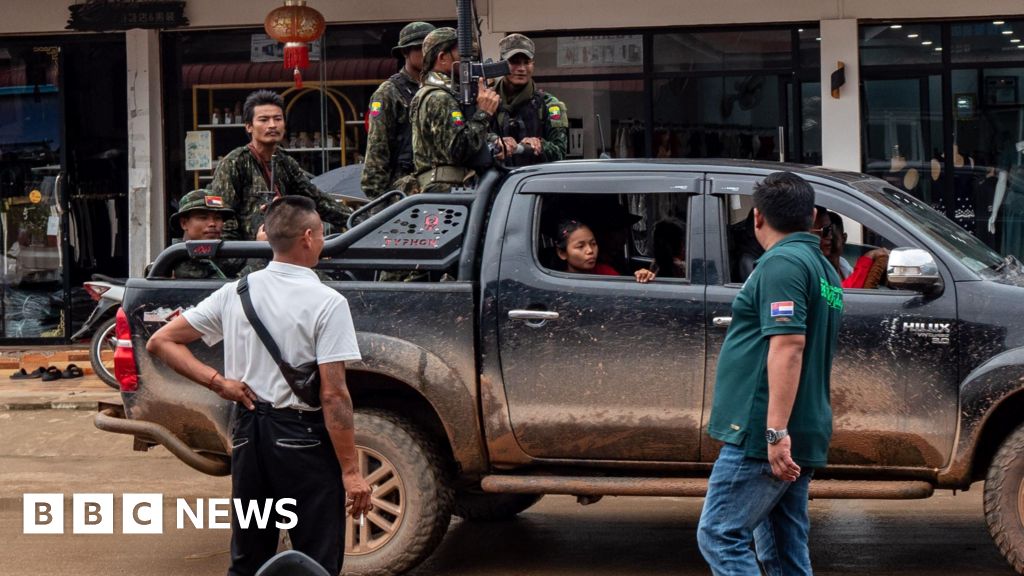Israel launched a ‘limited’ military operation into Rafah on Tuesday, seizing the crucial border crossing with Egypt.
US President Joe Biden has warned Israel that Washington will stop supplying some weapons if it goes ahead with its long-threatened ground offensive in Rafah.
It's the starkest warning yet from Israel's staunchest ally amid growing concerns for the displaced Palestinian civilians living in the south Gaza city.
But Biden softened his warning with some words of reassurance, saying the US would "continue to make sure Israel is secure".
On Wednesday, State Department Spokesperson Matthew Miller told reporters Washington had already suspended a shipment containing thousands of bombs.
"They have not yet launched a full-scale military operation," he said, "We continue to have concerns about a potential Rafah operation. We have made that quite clear. We made it clear with the Israeli government privately and of course, everyone from the president on down has made that clear publicly."
There's been fierce international criticism towards Israel's plans to move into Rafah to eliminate the Hamas battalions it claims are based there.
More than 1.4 million Palestinians, over half of Gaza's population, have sought shelter in Rafah, moving there on the advice of the Israeli military who declared it a safe zone.
The majority live in makeshift tent camps with limited access to food, water and healthcare.
But officials have indicated future military aid shipments could be withheld if Israel presses ahead with its offensive.
"Our commitment to Israel's security is ironclad," said Defence Secretary Lloyd Austin, "But that said, we are currently reviewing some near-term security assistance shipments in the context of unfolding events in Rafah."
Israel launched a 'limited' military operation into Rafah on Tuesday, seizing the crucial border crossing with Egypt in a bid to choke off supplies of arms and funds that reportedly pass there to Hamas.
A day before, the Israeli military ordered around 100,000 Palestinians to evacuate from the east of the city to a ‘humanitarian zone’ in the coastal municipality of Al-Mawasi.
"We evacuated from here because of the leaflets that the Israeli army threw on us," said internally displaced person Muhammad Rayhan, "We know that there is no evacuation of schools in Rafah, only the crossing area, but they insisted that we evacuate this area completely."
The United Nations says the humanitarian situation in Gaza remains "extremely fluid" and the agency’s staff continue to confront a range of challenges, including active military operations.
"As of now, no goods have come in for our use for humanitarian operations, either through the Karem Shalom or the Rafah crossings into the Gaza Strip," said Stephane Dujarric, the spokesperson for the Secretary General.
But the Israeli military said the Kerem Shalom crossing had re-opened to aid vehicles on Wednesday after being closed at the weekend following a Hamas rocket attack.

 9 months ago
37
9 months ago
37









